In 2012 a Taleban gunman, infuriated by Malala Yousafzai’s frequent television appearances insisting that girls had a right to education, shot her in the face. She survived and is now an inspirational symbol both of defiance and of the love of learning.
As you might hope in a memoir by a 16- year-old, full acknowledgment is given to parental influence and particularly to the role of her father. Ziauddin Yousafzai is himself a long-standing champion of girls’ education who, until the Taleban forced the family into exile in Birmingham, ran girls’ schools in the famously beautiful Swat valley in northern Pakistan.
And yet, as his daughter reveals, his life so nearly took a different path. In a passage that helps explain the dire state of Pakistan today Malala states that, as a teenager, her father dreamt of jihad and prayed for martyrdom before a family friend gradually talked him out of it. Many capable young Pakistanis have lacked that kind of friend.
But Ziauddin Yousafzai chose life over death, education over dogma and, with his blessing, his precocious daughter repeatedly and recklessly denounced Taleban rule in Swat. This was at a time when, every morning, the Taleban would leave piles of headless corpses on the streets of Swat’s main town, Mingora.
The Pakistani newspapers are full of her. Recent headlines on a single day included: ‘Malala Will be Back as a Politician’; ‘Malala Backs Talks with Taleban’; ‘Malala Being Used by Enemies of Islam’, (the view of a prominent pro-Taleban cleric) and ‘Taleban Vow to Attack Malala Again’. That story contained an extraordinarily ungenerous statement from the official Taleban spokesman: ‘She is not a brave girl ; she has no courage,’ he said.
As the headlines suggest, not all the coverage is positive. While millions of Pakistanis admire her, others are jealous that she and her family have moved from obscurity to asylum in the UK. Some conservative religious circles simply reject her message that girls should be educated.
It’s not just Pakistanis who are engaged in the Malala story. Her message is so precisely in line with what westerners want to hear from Pakistan that it has earned her a multi-million-dollar book-advance. Back in September it was even arranged that Malala should address the UN in New York — which she did remarkably well. Pakistani and western politicians alike have queued up to be associated with her.
The idea seems to be that if only more Pakistanis were like Malala then the country could flourish, the militancy die down and the threat to the West diminish. But no amount of wishful thinking will enable a 16-year-old schoolgirl to change Pakistani society. The wave of sympathy that followed her shooting has run up against a brick wall of regressive social attitudes and powerful institutional forces with vested interests in the status quo.
For all that, her story is astonishing. And not just because of her courage. In the midst of raging battles in Swat between the Pakistan army and the Taleban, Malala, at the age of 11, would distract herself from the artillery and gunfire by reading Stephen Hawking’s A Brief History of Time.
For the first few chapters of I Am Malala, which deals with Pakistani history, it is difficult to know just how much of the text came from Malala and how much from her co-author, the veteran journalist of South Asia, Christina Lamb. But then, as the story progresses, Malala’s voice definitely cuts through, clear and defiant.
Some believe that Malala can save Pakistan; but others simply hope that she will now be left alone to do what she wanted in the first place: to go to school without being bothered by Taleban militants, journalists wanting a quote or western politicians looking for a quick fix.
Got something to add? Join the discussion and comment below.
Get 10 issues for just $10
Subscribe to The Spectator Australia today for the next 10 magazine issues, plus full online access, for just $10.
Available from the Spectator Bookshop, £15.99. Tel: 08340 600033
You might disagree with half of it, but you’ll enjoy reading all of it. Try your first month for free, then just $2 a week for the remainder of your first year.

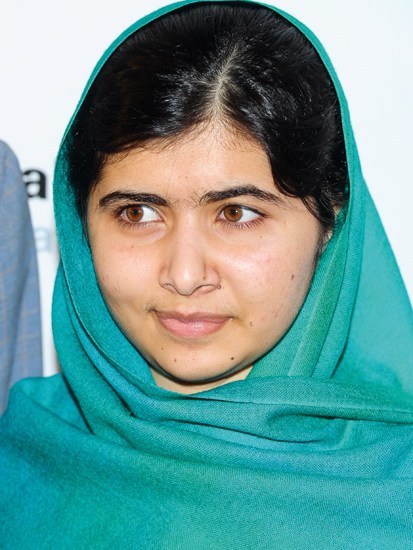
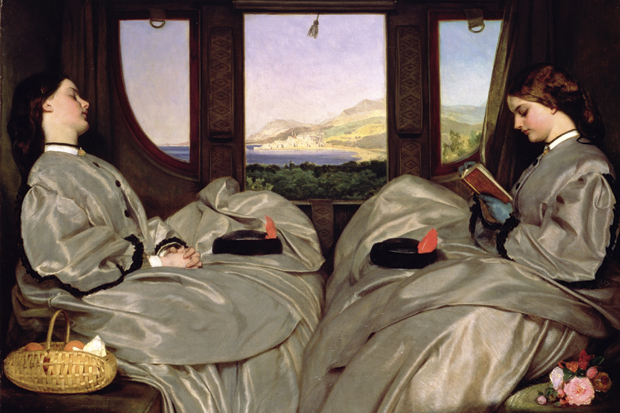
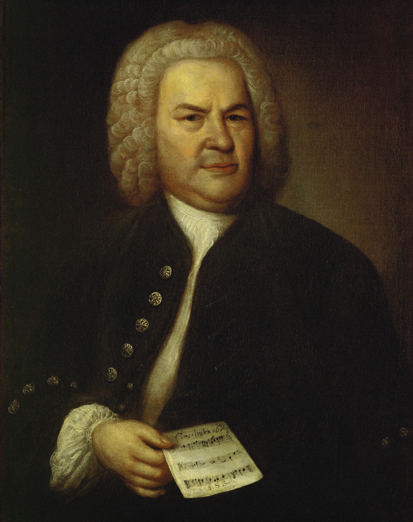
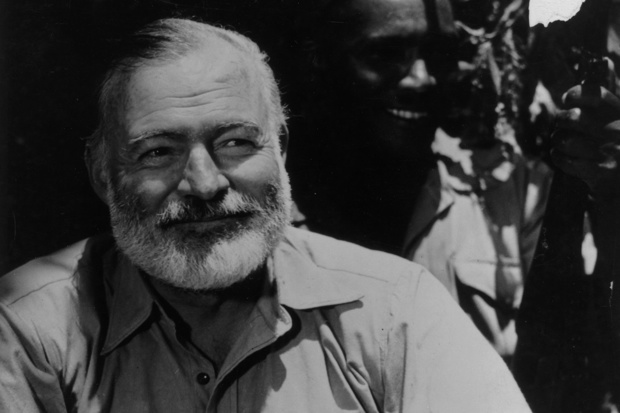
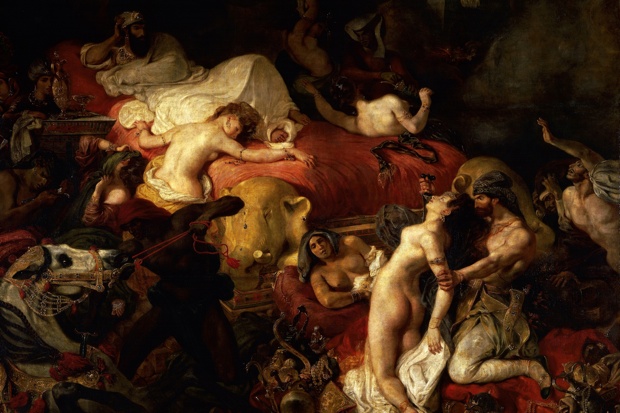
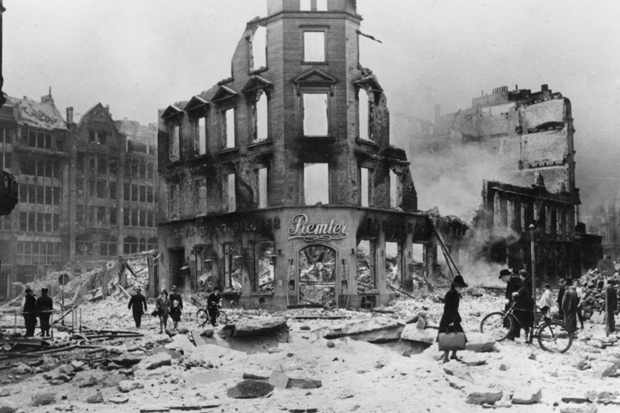







Comments
Don't miss out
Join the conversation with other Spectator Australia readers. Subscribe to leave a comment.
SUBSCRIBEAlready a subscriber? Log in